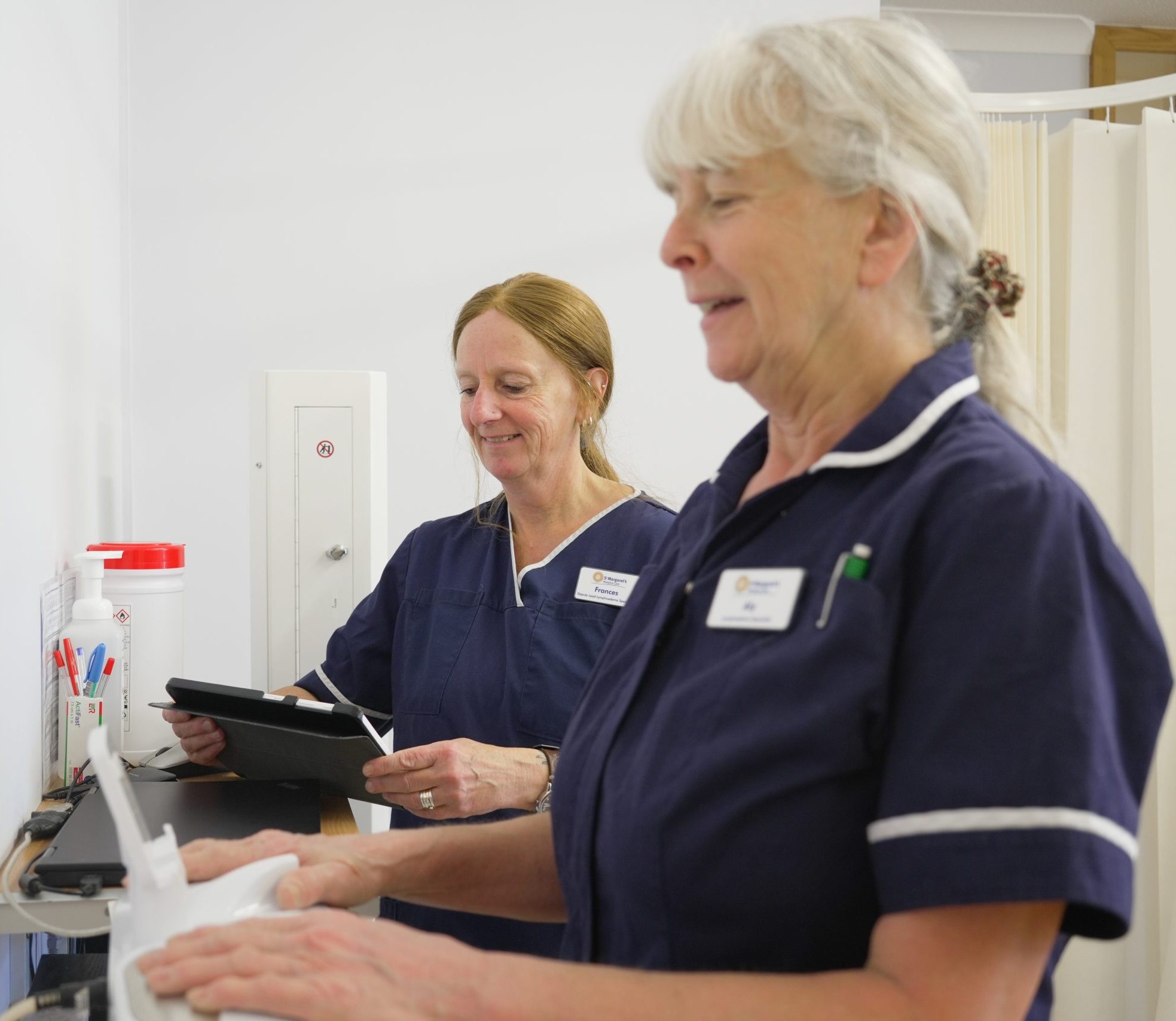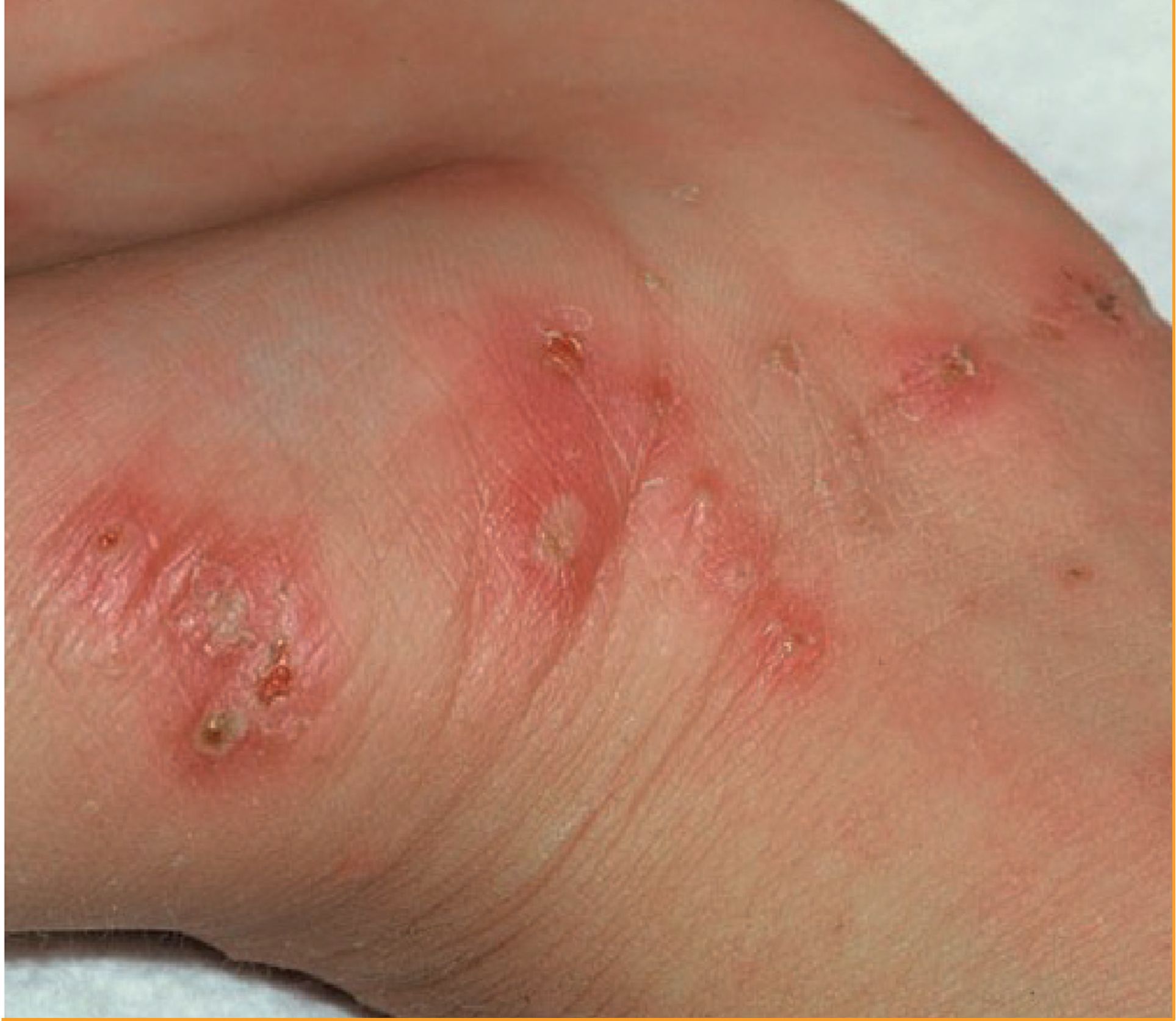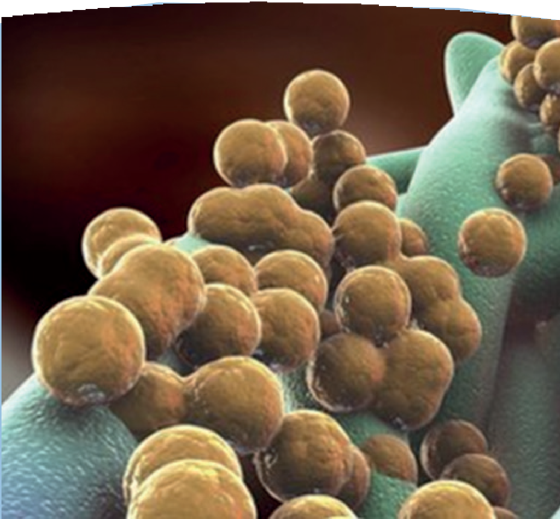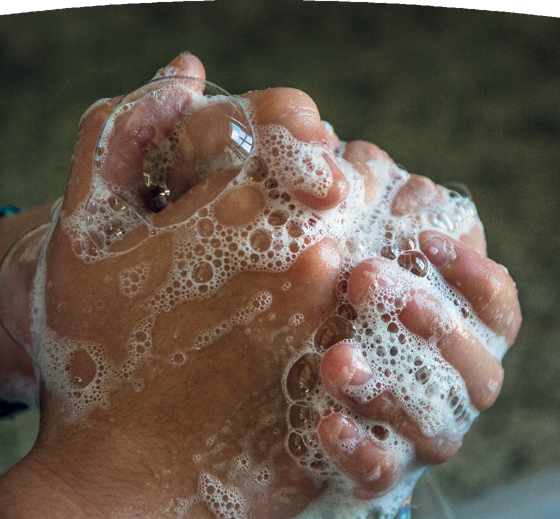
Simple lymphatic drainage (SLD) massage for head and neck lymphoedema
Simple lymphatic drainage massage for head and neck lymphoedema, with gentle techniques to promote lymph fluid drainage and reduce swelling.
At St Margaret’s Hospice, we’re here to support everyone impacted by a life-limiting illness. Whether you’re a patient, carer, healthcare professional, or family member, we’ve gathered a range of resources, guidance, and educational programmes to help you navigate this journey with confidence and compassion.

Simple lymphatic drainage massage for head and neck lymphoedema, with gentle techniques to promote lymph fluid drainage and reduce swelling.

Simple lymphatic drainage massage for genital lymphoedema, with gentle techniques to promote lymph fluid drainage and reduce swelling.

Simple lymphatic drainage for the breast, with step-by-step instructions for reducing swelling through breathing exercises and targeted massage techniques.

An educational video supporting people who are at risk of developing lymphoedema after treatment for cancer.

Cellulitis is a skin infection causing redness, swelling, pain, and warmth, often accompanied by fever and nausea, and is more common in individuals with lymphoedema.

Scabies is a highly contagious, itchy skin infection caused by mites, spread through close contact or shared belongings. It can be treated with prescribed creams or lotions.

Norovirus, also known as the winter vomiting bug, is a highly contagious virus causing vomiting, diarrhoea, and abdominal pain.

MRSA is a bacteria that can cause infections, particularly in people with weakened immune systems, and is treated with antibiotics or decolonization measures if necessary.

To minimize infection risks at home, clean regularly, wash hands frequently, especially after handling waste or food, and maintain hygiene in high-risk areas like kitchens and bathrooms.